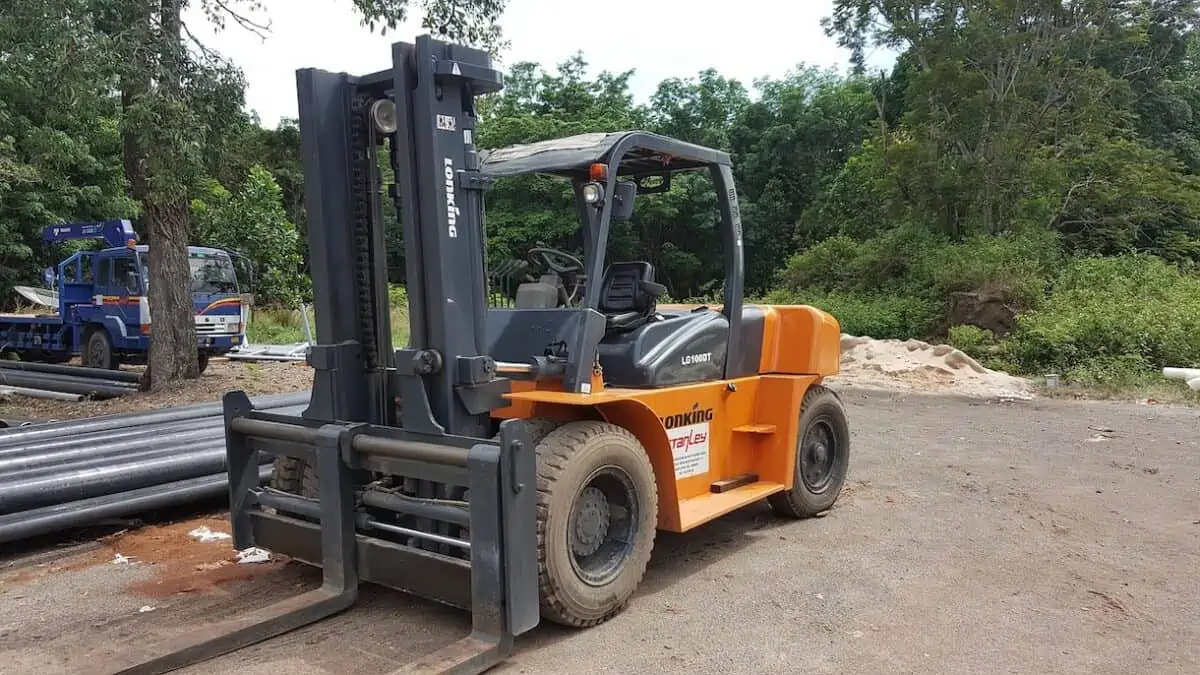The forklift is one of the most essential and useful pieces of equipment across multiple sectors, so if you are considering the titular question, chances are that you need one.
To know if you and your company really need a forklift right now, simply answer the following questions.
Do You Run a Business in Any of these Fields?
Forklifts are needed on a regular basis in several sectors, but they can be clumped together to form four broad categories:
- Construction and renovation
- Manufacturing and processing
- Mining and excavation
- Supply chain: Warehousing, packaging, loading/unloading cargo, etc.
If your work is in any of the above fields of business, you will most certainly need a forklift. It is usually the price of a quality forklift that deters keeps small business owners from buying one right away, so just rent a forklift instead.
If your business is in or near St Louis, check for affordable forklift rental St. Louis options here.
What Kind of a Forklift Do You Need?
Now that we are clear on whether you actually need one or not, it’s time to dive in a bit deeper. If the business can indeed benefit from the use of a forklift, what kind should you go for? As it turns out, this is a much harder question to answer.
There are several different types of forklifts, and they are not universal in their functional use. Let’s go over the basics of the different forklift types that are available, so that you can choose something that’s proper for your own business.
The Warehouse Forklift
If your company owns or manages a warehouse, it needs one or more warehouse forklifts. In fact, all SCM companies need one or more warehouse forklifts to load, unload and stack goods both inside and outside the warehouse. These are, by default, front loaders.
The Heavy Duty Forklift
The heavy duty forklift is the bigger, bulkier, and brawnier version of the standard warehouse forklift. They are used in dockyards, warehouses, construction sites, excavation sites, mining sites, and pretty much any other worksite that requires the forklift to carry above 20,000lbs. These too are front loaders.
The Side Loader
They may not look like forklifts right away but rest assured that side loaders are forklifts as well. These are exceptionally useful at construction sites because the side loading system allows the equipment to handle heavy and long loads such as pipes, TMT bars, RCC bars, logs, cables, etc.
Rough Terrain Forklifts
Rough terrain forklifts are fitted with tougher tires, sturdier wheels, better suspensions, a reinforced, full covered operator shelter, and more. These are typically used at mining and excavation sites, but rough terrain forklifts will also be used at construction and renovation sites where the weather and terrain conditions are harsh.
Extendable Counterweight Forklift
Extendable counterweight forklifts are super heavy duty forklifts that differ in their design and lifting mechanism. You will need these if your supply chain management company deals with loading, unloading, and placing other heavy and super heavy machinery, mining equipment, and vehicles. The super heavy duty forklifts combine an adjustable wheelbase, an extendable counterweight, and a hydraulic boom to get the job done.
The forklift rental company will also assist you with choosing the right model of course, given that it’s their job to help customers make the right forklift choice. Nevertheless, it’s always best to approach any business transaction with at least a basic understanding, which you now have.

